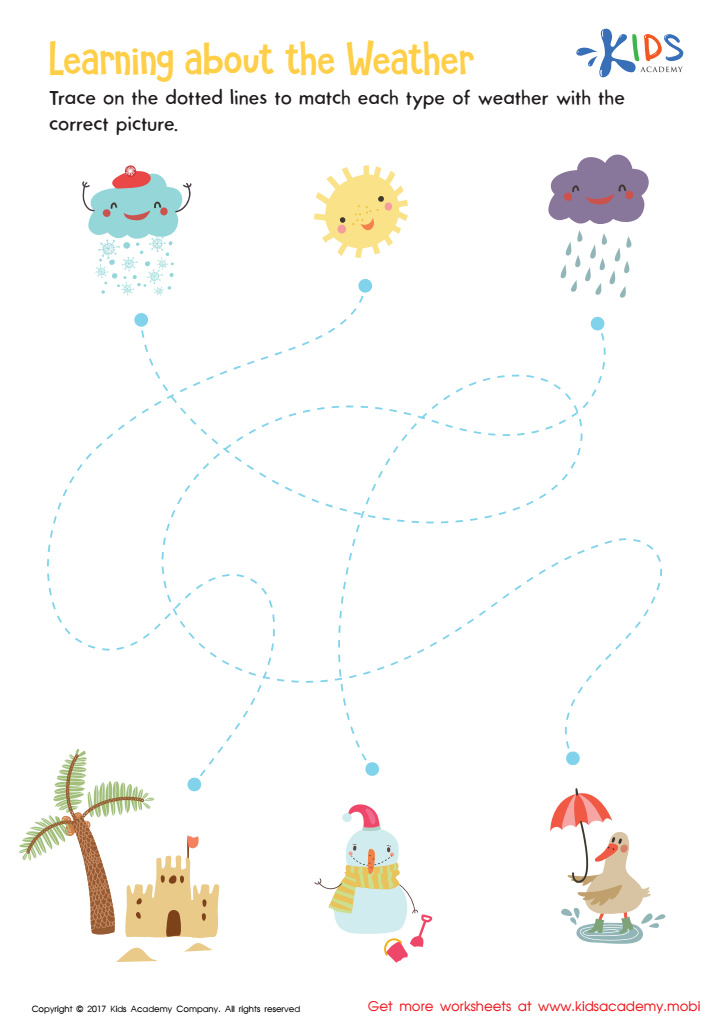Reading comprehension Normal Matching Worksheets for Ages 3-7
7 filtered results
-
From - To
Enhance your child's reading skills with our engaging Normal Matching Worksheets, specially designed for ages 3-7. These worksheets promote reading comprehension through fun and interactive activities that encourage young learners to match words and pictures. Perfect for home or classroom use, they help children develop essential literacy skills while keeping them entertained. Our carefully crafted worksheets cater to varying skill levels, ensuring an enjoyable learning experience for everyone. Foster a love for reading in your little ones as they enhance their understanding of text and context. Explore our collection today to support your child's educational journey!


Matching: Classifying Toys by Size Worksheet
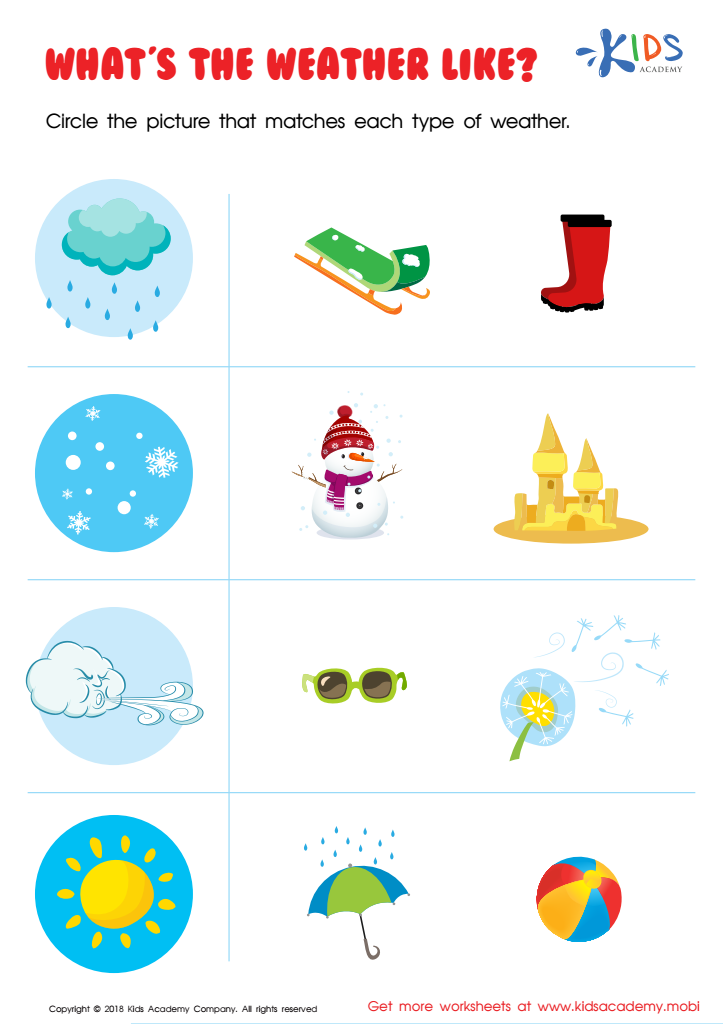

What's the Weather Like? Worksheet
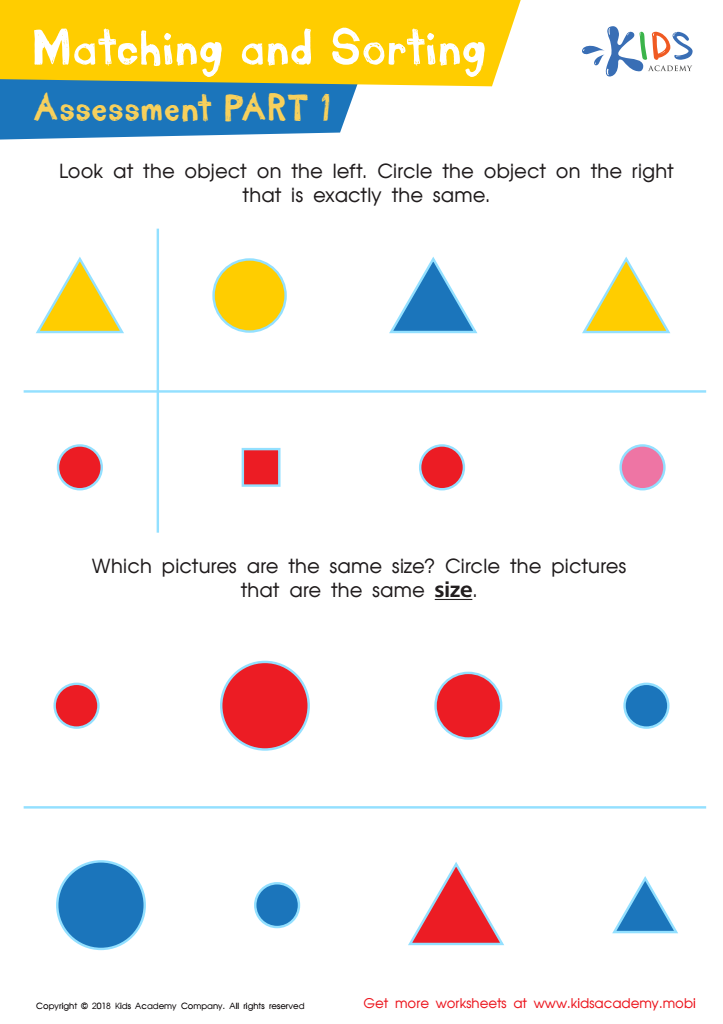

Matching and Sorting for Kindergarten: Assessment 1 Worksheet
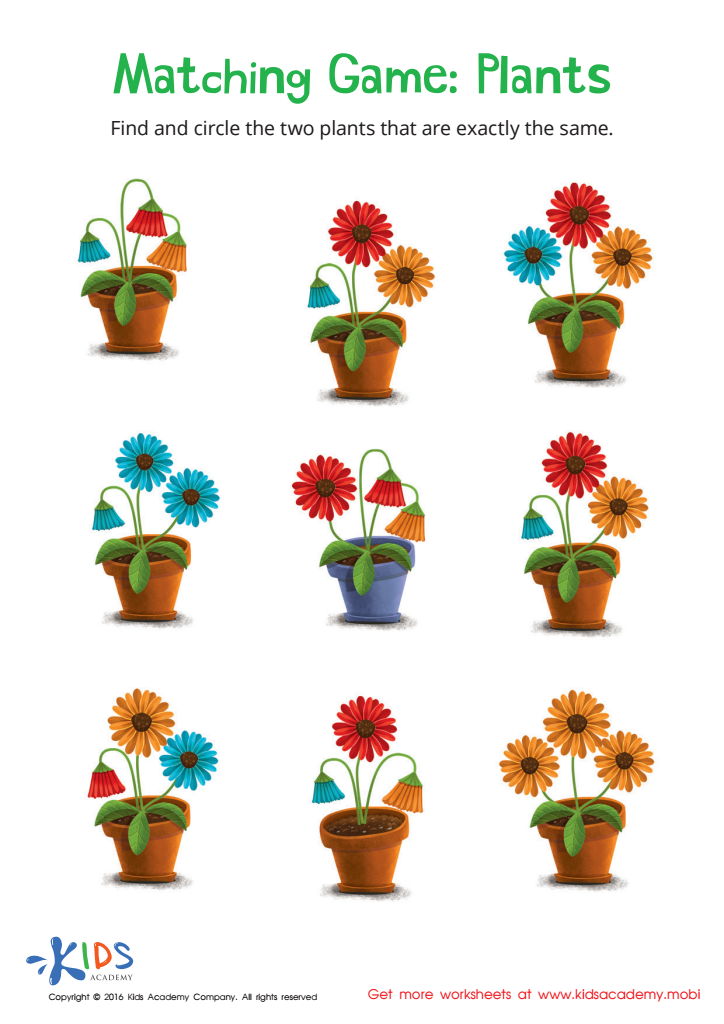

Matching: Plants Worksheet
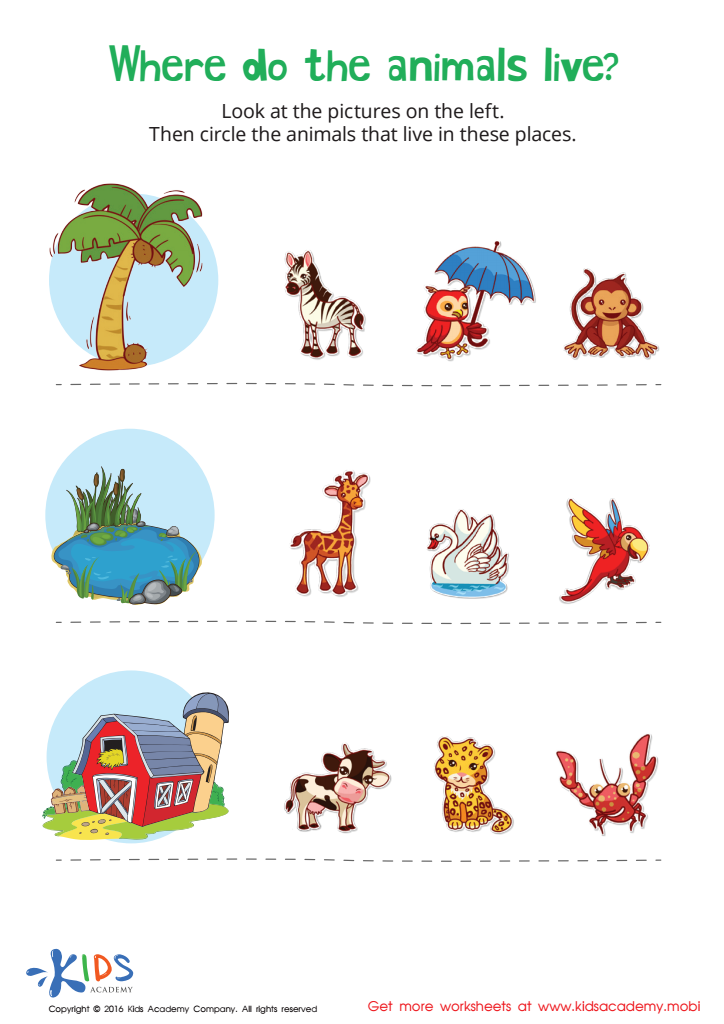

Where Animals Live Worksheet
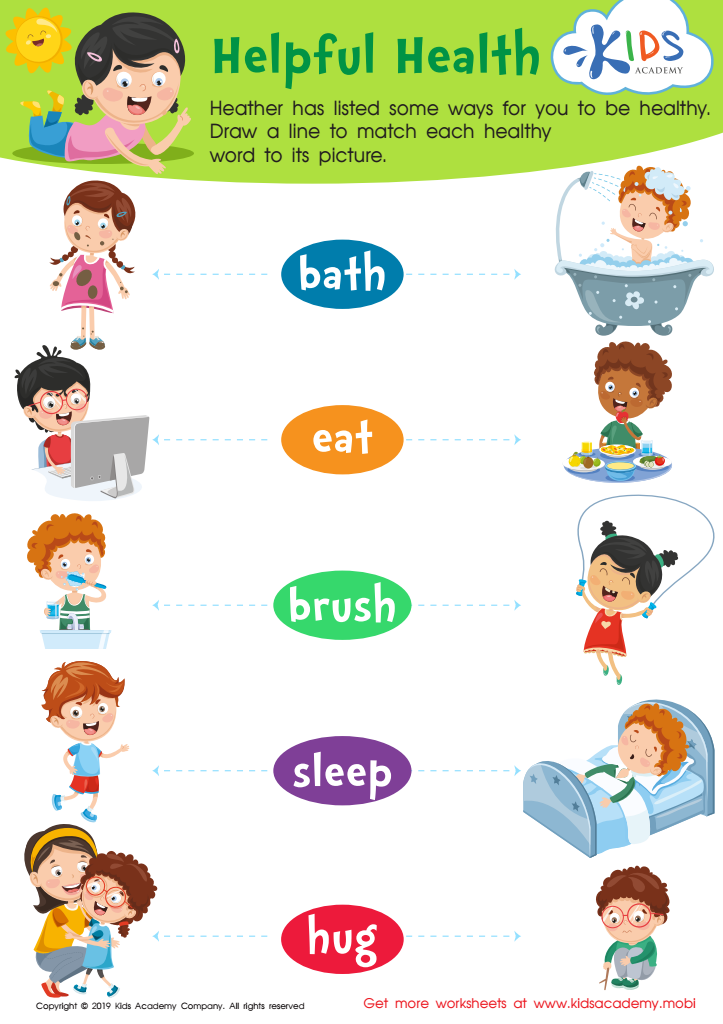

Helpful Health Worksheet
Reading comprehension normal matching for ages 3-7 is crucial as it serves as a foundation for literacy development and academic success. At this age, children are beginning to decode words and understand their meanings, making it vital for them to grasp basic concepts and contexts of stories. Parents and teachers should prioritize reading comprehension to ensure that children not only recognize words but also comprehend their significance, which fosters critical thinking and analytical skills.
Moreover, effective reading comprehension skills contribute to a child’s confidence and enthusiasm for learning. When children can relate stories to their experiences and express their understanding, they are more likely to engage actively in discussions, enhancing both their vocabulary and verbal skills. This early mastery can lead to a lifelong love for reading, improving overall educational outcomes.
In addition, assessing reading comprehension through normal matching provides educators and parents with insights into a child's cognitive development, guiding tailored instruction to address individual needs. Identifying proficiency levels encourages timely intervention for struggling readers, ensuring that every child has the opportunity to succeed. Supporting younger children in developing these essential skills fosters an enriching learning environment, ultimately promoting lifelong learners.
 Assign to My Students
Assign to My Students
